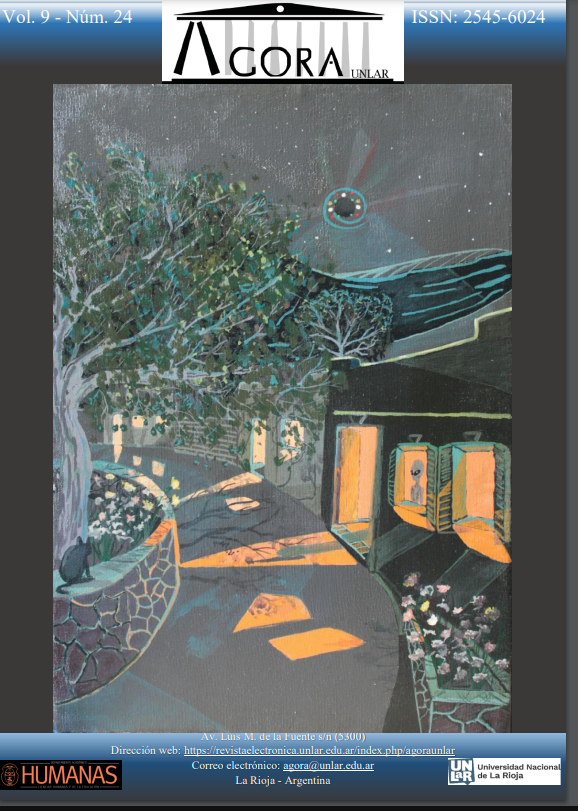The gnoseological perspective of the young Nietzsche: knowledge from the horizon of practice
Keywords:
Nietzsche, culture, knowledge, truth, languageAbstract
Towards the end of what critics call the youth period (1869-1873), Nietzsche’s concerns about the question ofthe meaning or purpose that culture pursues begin to be oriented towards the field of knowledge in itsconnection with language and truth. Within this context, Description of Ancient Rhetoric (1872), Philosophy inthe Tragic Age of the Greeks (1873) and On Truth and Lie in an Extramoral Sense (1873) emerge. In these works, the German thinker defends a tropological model that conceives language as the result of "purelyrhetorical arts" of an unconscious nature that makes correspondence or adequacy between concepts andthings impossible. In the framework of this conception of language, the question about the value thatknowledge has for Nietzsche takes a significate importance. In line with the methodological proposal of theItalian tradition of Colli-Montinari, the objective of this work is to develop the modes and meanings that thevalue of knowledge adopts in the posthumous writings Description of Ancient Rhetoric and On Truth and Liein an Extramoral Sense.Downloads
Published
2024-11-30
Issue
Section
ARTÍCULOS DE INVESTIGACIÓN O REVISIÓN TEÓRICA





